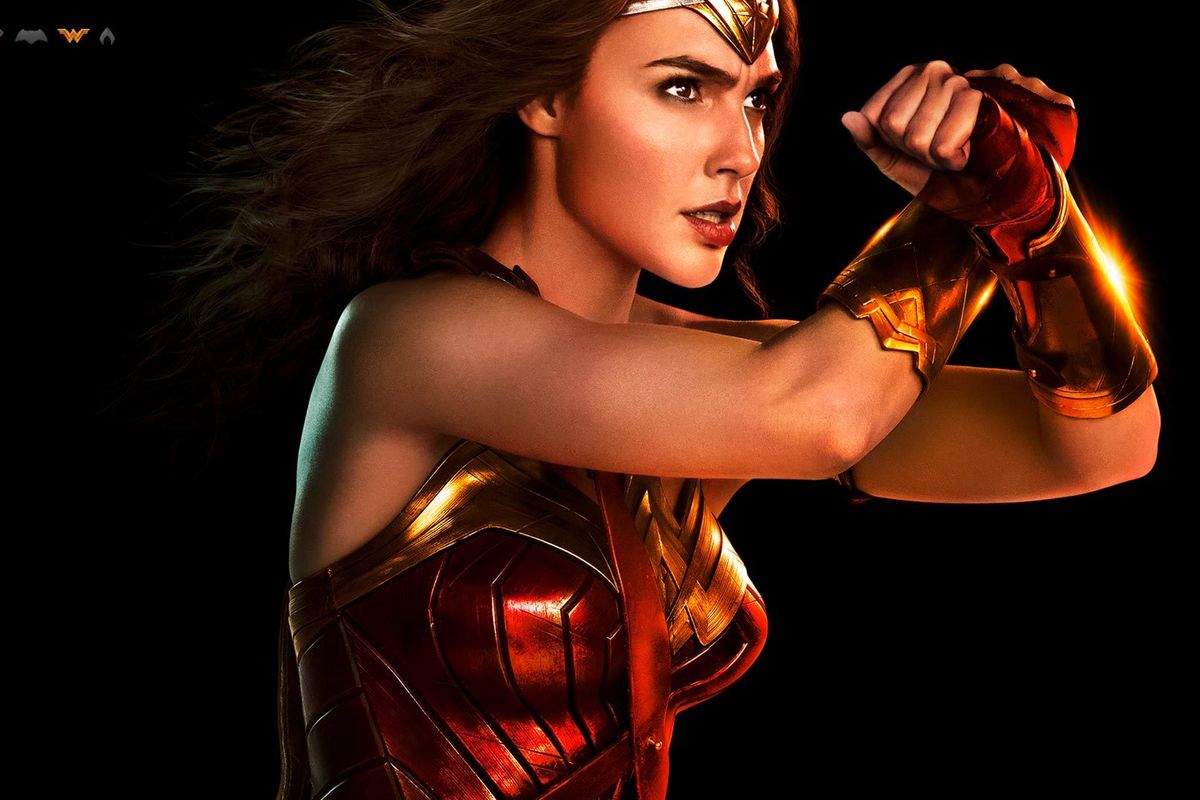
The smarter way to stay on top of the streaming and OTT industry. Sign up below.
You are now subscribed
Your newsletter sign-up was successful
WarnerMedia recently announced plans to release the much anticipated summer tentpole Wonder Woman 1984 on Christmas Day. It’s not all that surprising, only they are not just going to release it in theaters (the ones that are open, anyway) but in both theaters and on HBO Max, their streaming service … for no additional charge, provided you have a subscription.

This last piece is significant in that other straight-to-streaming movies that were released during lockdown came with premium price tags of as much as $30 for a one-time rental.
Warner’s move appears to be a not very transparent play to boost subscriptions on HBO Max, which have been hurting thus far (to put it mildly) given that the service was not available on Amazon or Roku for the first several months of its existence (it’s still not available on Roku as of this writing)
While the decision to release Wonder Woman on streaming is definitely a smart move, it still raises a host of questions:
1. How many new subscribers will this bring in and how many will then stick around? This is the key question, as much seems to be riding on this. I’m thinking it will bring in a lot of new subs, provided it’s marketed correctly, especially since people will figure that if Amazon can charge $20 to watch Pete Davidson in The King Of Staten Island, paying $15 to watch Wonder Woman 1984...and everything else that’s on HBO Max for an entire month after that, is a very good deal.
2. How much overlap is there between fans of Wonder Woman 1984 and people who might subscribe to HBO Max for the first time? This one is tricky. On the one hand, if all WarnerMedia is trying to do is to get people who already have an HBO subscription, either via their cable operator or via HBO Now, to make the switch to Max (not many of them have) then the ability to see this movie on Max may be all the push they need.
On the other hand, if someone has never felt that HBO programming was compelling enough to warrant a subscription, but signed up just to see Wonder Woman 1984 for $15, will the array on content that is currently on HBO Max convince them to continue paying for that subscription—or will they hit “unsubscribe” at the end of the month. Given the likely gap between the audience for superhero movies and the audience for shows like Silicon Valley, I’m guessing there will be a lot of the latter.
The smarter way to stay on top of the streaming and OTT industry. Sign up below.
3. How many viewers are going in thinking that they are just signing up for a month? If you’re a fan of Wonder Woman but not of HBO shows like Westworld or Barry, it’s easy to see why you’d be pretty sure you were only going to stick around for a month. The question then becomes how many of those people then actually find that Max has more than they think it did and decide to stick around?
4. How big a hump is $15/month? Netflix is still only $14/month, and other services like Disney Plus and AppleTV Plus are less than half that ($8 and $5, respectively). The FASTs, as the name implies, are free. So how difficult will it be to get new subscribers (not the people already subscribing to HBO via their cable provider or via HBO Now) to make the leap and pay for the most expensive streaming subscription out there?. HBO would likely need to be their No. 1 or No. 2 streaming service in order to justify that expense. And without a lot of new programming—new programming that is different than traditional HBO programming in particular—that’s going to be a tougher sell than usual.
5. Is “subscribers don’t pay extra for first run movies” permanent or is it just until the pandemic is over? Much has been made of how Warner is not charging viewers any extra to watch the movie the same day it’s being released in the theaters. And HBO seems to be pushing a “we wanted to give our viewers a choice” narrative, which sounds exactly like the PR spin it likely is. The bigger question though is whether or not this is a game-changing innovation for the movie industry—one that is going to help eliminate the practice of windowing while helping studios earn higher revenue—or whether it’s a temporary fix designed to help both salvage the movie at a time when most movie theaters are shut, and salvage HBO Max, at a time when far fewer people seem to be signing up for it than they’d expected.
6. When does the next blockbuster movie come out? If I subscribed to HBO Max in order to see Wonder Woman 1984, I am likely expecting a steady stream of hit movies that I can watch for free with my subscription. Or at least five or six a year. What’s next on Warner’s calendar and will it be the type of movie Wonder Woman fans want to see?
Alan Wolk is the co-founder and lead analyst for media consultancy TV[R]EV

